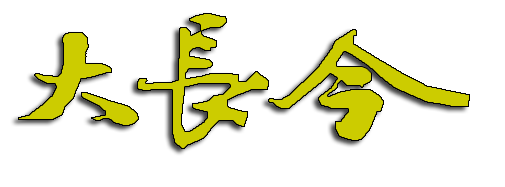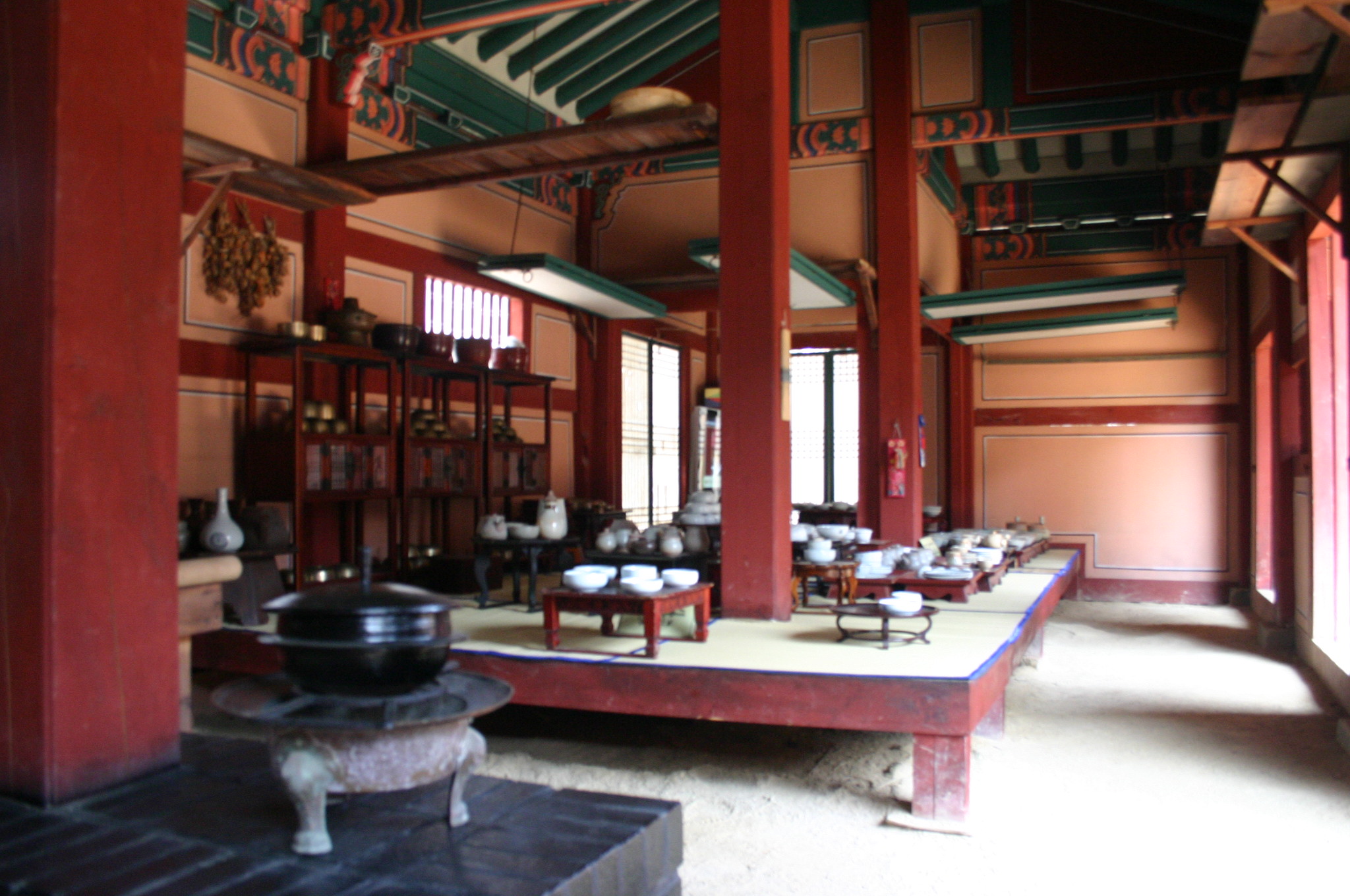|
Hong Ri-na
Hong Ri-na (; born February 7, 1968) is a South Korean actress, perhaps best known for playing Choi Geum-young in the popular TV series ''Jewel in the Palace''. Television series *''Three Wives'' (SBS, 2004) *''Jewel in the Palace'' (MBC, 2003) *''Honest Living'' (SBS, 2002) *''The Dawn of the Empire'' (KBS1, 2002) *''Still Love'' (SBS, 2001) *''Sister's Mirror'' (2000) *''Blue Classroom'' *''The Great King's Road'' (MBC, 1998) *''Mountain'' (MBC, 1997) *''Mimang'' (MBC, 1996) *''Jo Gwang-jo'' (KBS2, 1996) *''My Son's Woman'' (MBC, 1994) *''General Hospital'' (MBC, 1994) *''Sisters'' *''The Sun and the Moon'' (KBS, 1993) *''Mystery Melodrama: Dangerous Choice'' (KBS, 1993) *''Son-ja's Tactics'' (KBS, 1992) *''Two Ladies'' (MBC, 1992) *''Husband's Woman'' (KBS, 1992) *''Loving You'' (SBS, 1992) *''Tide of Ambition'' (KBS, 1991) *''Rainbow General'' (KBS, 1991) *''Guest in Autumn'' (KBS, 1990) *''My Mother's Life in Disguise'' (MBC, 1990) References South Korean act ... [...More Info...] [...Related Items...] OR: [Wikipedia] [Google] [Baidu] |
Hong (Korean Name)
Hong is the common English spelling of 홍, in hanja, it means "wide" or "big". Clans As with all Korean family names, the holders of the Hong surname are divided into different patrilineal clans, or lineages, based on their ancestral seat. Most such clans trace their lineage back to a specific founder. This system was at its height under the yangban aristocracy of the Joseon Dynasty, but it remains in use today. There are approximately 241 such clans claimed by South Koreans. Historically, there had been 10 clans known but currently there are four clans remaining. Hong clans include Namyang, Pungsan, Bugye, and Hongju. Namyang clan The biggest clan is Namyang clan () whose founder was Hong Eun-yeol in the Goryeo Dynasty. Another founder of this clan was Hong Seon-haeng. Thus, the Namyang Hong clan is unique among Korean surnames in that it includes two separate unrelated family lines. Pungsan clan All ancestry of Andong's Pungsan Hong () may be traced to the Goryeo dynas ... [...More Info...] [...Related Items...] OR: [Wikipedia] [Google] [Baidu] |
Seoul
Seoul, officially Seoul Special Metropolitan City, is the capital city, capital and largest city of South Korea. The broader Seoul Metropolitan Area, encompassing Seoul, Gyeonggi Province and Incheon, emerged as the world's List of cities by GDP, sixth largest metropolitan economy in 2022, trailing behind New York metropolitan area, New York, Greater Tokyo Area, Tokyo, Greater Los Angeles, Los Angeles, Paris metropolitan area, Paris, and London metropolitan area, London, and hosts more than half of South Korea's population. Although Seoul's population peaked at over 10 million, it has gradually decreased since 2014, standing at about 9.6 million residents as of 2024. Seoul is the seat of the Government of South Korea, South Korean government. Seoul's history traces back to 18 BC when it was founded by the people of Baekje, one of the Three Kingdoms of Korea. During the Joseon dynasty, Seoul was officially designated as the capital, surrounded by the Fortress Wall of Seoul. I ... [...More Info...] [...Related Items...] OR: [Wikipedia] [Google] [Baidu] |
Jewel In The Palace
''Jewel in the Palace'' () is a 2003 South Korean Sageuk, historical drama television series directed by Lee Byung-hoon. It first aired on Munhwa Broadcasting Corporation, MBC from September 15, 2003, to March 23, 2004, where it was the top program with an average viewership rating of 45.8% and a peak of 57.1% (making it the 10th highest rated Korean drama of all time). Produced for , it was later exported to 91 countries and has earned worldwide, being known as one of the primary proponents of the Korean Wave by heightening the spread of Korean culture abroad. Starring Lee Young-ae in the title role, it tells the tale of an orphaned kitchen cook who went on to become the King's first female physician. In a time when women held little influence in society, young apprentice cook Jang-geum strives to learn the secrets of Korean cooking and Korean medicine, medicine to cure the King of his various ailments. It is based on the true story of Jang Geum, Jang-geum, the first female ... [...More Info...] [...Related Items...] OR: [Wikipedia] [Google] [Baidu] |
The Korea Herald
''The Korea Herald'' () is a South Korean English-language daily newspaper founded in August 1953 and published in Seoul. The editorial staff is composed of Korean and international writers and editors, with additional news coverage drawn from international news agencies such as the Associated Press. ''The Korea Herald'' is operated by Herald Corporation. Herald Corporation also publishes ''The Herald Business'', a Korean-language business daily, ''The Junior Herald'', an English weekly for teens, ''The Campus Herald'', a Korean-language weekly for university students. Herald Media is also active in the country's booming English as a foreign language sector, operating a chain of hagwon as well as an English village. ''The Korea Herald'' is a member of the Asia News Network. History ''The Korean Republic'' ''The Korea Herald'' was first published on August 13, 1953, as ''The Korean Republic''. It was a four-page, tabloid-sized, English-language daily. In 1958, ''The Korean ... [...More Info...] [...Related Items...] OR: [Wikipedia] [Google] [Baidu] |
Choi Geum-young
''Jewel in the Palace'' () is a 2003 South Korean historical drama television series directed by Lee Byung-hoon. It first aired on MBC from September 15, 2003, to March 23, 2004, where it was the top program with an average viewership rating of 45.8% and a peak of 57.1% (making it the 10th highest rated Korean drama of all time). Produced for , it was later exported to 91 countries and has earned worldwide, being known as one of the primary proponents of the Korean Wave by heightening the spread of Korean culture abroad. Starring Lee Young-ae in the title role, it tells the tale of an orphaned kitchen cook who went on to become the King's first female physician. In a time when women held little influence in society, young apprentice cook Jang-geum strives to learn the secrets of Korean cooking and medicine to cure the King of his various ailments. It is based on the true story of Jang-geum, the first female royal physician of the Joseon Dynasty. The main themes are her ... [...More Info...] [...Related Items...] OR: [Wikipedia] [Google] [Baidu] |
The Dawn Of The Empire
''The Dawn of the Empire'' () is a South Korean historical television series which aired on KBS1 from March 2, 2002 to January 26, 2003 for 94 episodes every weekend at 21:45 ( KST). It's KBS' second histocal series set in Goryeo after ''Taejo Wang Geon'' and revolves around the reigns of the second, third and fourth king of Goryeo, particularly on the latter, Gwangjong's. Written by Lee Hwan-kyung, it was the first South Korean drama to be filmed in North Korea, particularly in Pyongyang and Mount Baekdu. Open sets built in Andong, Mungyeong and Jecheon for ''Taejo Wang Geon'' were also used. The drama debuted with a viewership rating of 31.9%, then settled on an average of 19.6%, lower than expected. Eventually, the production decided to shorten the series. Cast Main * Kim Sang-joong as King Gwangjong :4th ruler of Goryeo *Jun Hye-jin as Queen Daemok :Gwangjong's primary wife, formerly half-sister * Choi Jae-sung as King Jeongjong :3rd ruler of Goryeo * Hong Ri-na as Quee ... [...More Info...] [...Related Items...] OR: [Wikipedia] [Google] [Baidu] |
South Korean Actresses
South is one of the cardinal directions or Points of the compass, compass points. The direction is the opposite of north and is perpendicular to both west and east. Etymology The word ''south'' comes from Old English ''sūþ'', from earlier Proto-Germanic language, Proto-Germanic ''*sunþaz'' ("south"), possibly related to the same Proto-Indo-European language, Proto-Indo-European root that the word ''sun'' derived from. Some languages describe south in the same way, from the fact that it is the direction of the sun at noon (in the Northern Hemisphere), like Latin meridies 'noon, south' (from medius 'middle' + dies 'day', ), while others describe south as the right-hand side of the rising sun, like Biblical Hebrew תֵּימָן teiman 'south' from יָמִין yamin 'right', Aramaic תַּימנַא taymna from יָמִין yamin 'right' and Syriac ܬܰܝܡܢܳܐ taymna from ܝܰܡܝܺܢܳܐ yamina (hence the name of Yemen, the land to the south/right of the Levant). South is s ... [...More Info...] [...Related Items...] OR: [Wikipedia] [Google] [Baidu] |
1968 Births
Events January–February * January 1968, January – The I'm Backing Britain, I'm Backing Britain campaign starts spontaneously. * January 5 – Prague Spring: Alexander Dubček is chosen as leader of the Communist Party of Czechoslovakia. * January 10 – John Gorton is sworn in as 19th Prime Minister of Australia, taking over from John McEwen after being 1968 Liberal Party of Australia leadership election, elected leader of the Liberal Party of Australia, Liberal Party the previous day, following the disappearance of Harold Holt. Gorton becomes the only Australian Senate, Senator to become Prime Minister, though he immediately transfers to the Australian House of Representatives, House of Representatives through the 1968 Higgins by-election in Holt's vacant seat. * January 15 – The 1968 Belice earthquake in Sicily kills 380 and injures around 1,000. * January 21 ** Vietnam War: Battle of Khe Sanh – One of the most publicized and controversial battles of the ... [...More Info...] [...Related Items...] OR: [Wikipedia] [Google] [Baidu] |
South Korean Television Actresses
South is one of the cardinal directions or compass points. The direction is the opposite of north and is perpendicular to both west and east. Etymology The word ''south'' comes from Old English ''sūþ'', from earlier Proto-Germanic ''*sunþaz'' ("south"), possibly related to the same Proto-Indo-European root that the word ''sun'' derived from. Some languages describe south in the same way, from the fact that it is the direction of the sun at noon (in the Northern Hemisphere), like Latin meridies 'noon, south' (from medius 'middle' + dies 'day', ), while others describe south as the right-hand side of the rising sun, like Biblical Hebrew תֵּימָן teiman 'south' from יָמִין yamin 'right', Aramaic תַּימנַא taymna from יָמִין yamin 'right' and Syriac ܬܰܝܡܢܳܐ taymna from ܝܰܡܝܺܢܳܐ yamina (hence the name of Yemen, the land to the south/right of the Levant). South is sometimes abbreviated as S. Navigation By convention, the ''bottom or down ... [...More Info...] [...Related Items...] OR: [Wikipedia] [Google] [Baidu] |
South Korean Roman Catholics
South is one of the cardinal directions or compass points. The direction is the opposite of north and is perpendicular to both west and east. Etymology The word ''south'' comes from Old English ''sūþ'', from earlier Proto-Germanic ''*sunþaz'' ("south"), possibly related to the same Proto-Indo-European root that the word ''sun'' derived from. Some languages describe south in the same way, from the fact that it is the direction of the sun at noon (in the Northern Hemisphere), like Latin meridies 'noon, south' (from medius 'middle' + dies 'day', ), while others describe south as the right-hand side of the rising sun, like Biblical Hebrew תֵּימָן teiman 'south' from יָמִין yamin 'right', Aramaic תַּימנַא taymna from יָמִין yamin 'right' and Syriac ܬܰܝܡܢܳܐ taymna from ܝܰܡܝܺܢܳܐ yamina (hence the name of Yemen, the land to the south/right of the Levant). South is sometimes abbreviated as S. Navigation By convention, the ''bottom or down-f ... [...More Info...] [...Related Items...] OR: [Wikipedia] [Google] [Baidu] |



